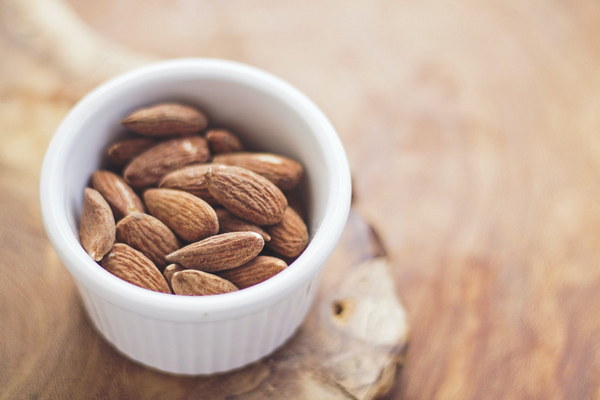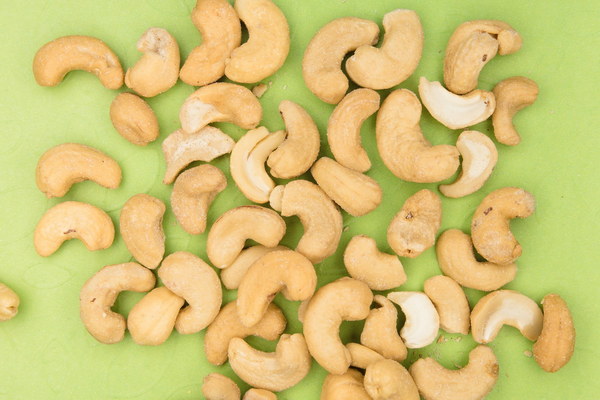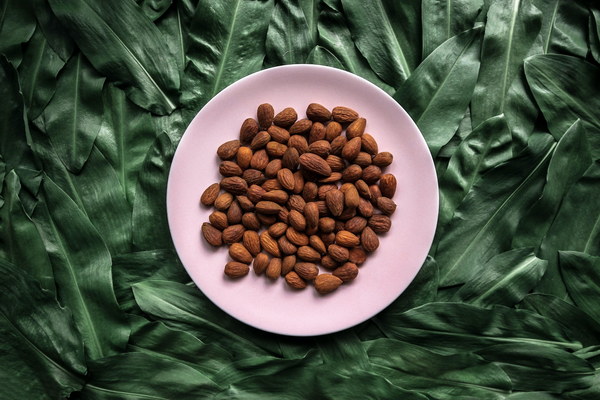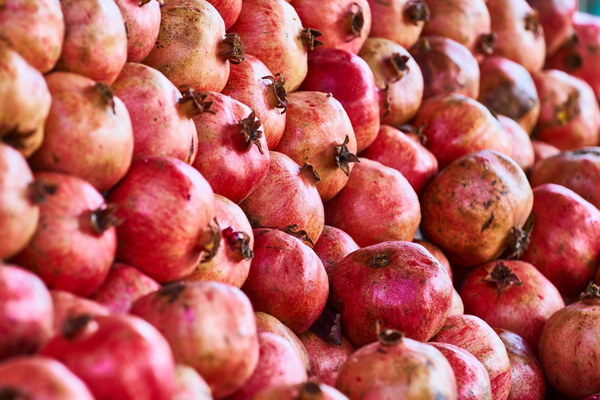Natural Relief for Migraines Discover the Power of Nutritional Therapies
Natural Relief for Migraines: Discover the Power of Nutritional Therapies
Migraines are a common and often debilitating condition that affects millions of people worldwide. While there are various medications and treatments available, many seek natural alternatives to alleviate the pain and frequency of their migraines. One such alternative is nutritional therapy, which focuses on using food as medicine. This article explores the connection between nutrition and migraines, highlighting key dietary changes that may help manage this condition.
Understanding Migraines and Their Triggers
Before delving into the role of nutrition, it's important to understand what migraines are and what triggers them. Migraines are severe headaches that are often accompanied by nausea, vomiting, and sensitivity to light and sound. They are thought to be caused by a combination of environmental, genetic, and biochemical factors.

Common triggers for migraines include:
- Lack of sleep
- Skipping meals
- Stress
- Certain foods
- Alcohol
- Environmental factors like bright lights or loud noises
The Role of Nutrition in Migraine Management
Research has shown that certain dietary factors can either exacerbate or alleviate migraines. By understanding these factors, individuals can make informed decisions about their diet to potentially reduce the frequency and severity of their migraines.
1. Hydration: The Lifeline for Migraineurs
Dehydration is a common trigger for migraines. Ensuring adequate hydration is crucial. Water-rich foods such as cucumbers, watermelon, and berries can help maintain hydration levels. It's also important to drink plenty of water throughout the day.
2. Omega-3 Fatty Acids: The Anti-Inflammatory Powerhouse
Omega-3 fatty acids, found in foods like fish, flaxseeds, and chia seeds, have been shown to reduce inflammation in the body, which may help prevent migraines. Incorporating these foods into your diet can be a simple and effective strategy.
3. Magnesium: The Migraine Mineral
Magnesium is a mineral that has been found to reduce the frequency and severity of migraines in some individuals. Foods rich in magnesium include almonds, spinach, and black beans. Consider adding these to your meals to see if it makes a difference for you.
4. Avoiding Common Migraine Triggers
Identifying and avoiding common migraine triggers is key. This may involve keeping a food diary to track what you eat and how it affects your migraines. Common dietary triggers include:
- Caffeine: While it can provide short-term relief, too much caffeine can exacerbate migraines.
- Alcohol: Certain types of alcohol, particularly red wine, can trigger migraines.
- Processed foods: High levels of additives and preservatives in processed foods can trigger migraines in some individuals.
- Foods with tyramine: Tyramine is a substance found in aged cheeses, cured meats, and certain fruits and vegetables. Limiting these foods may help.
5. The Benefits of a Balanced Diet
A balanced diet that includes a variety of nutrients can also help manage migraines. This includes:
- Complex carbohydrates: These provide sustained energy and help maintain blood sugar levels.
- Fresh fruits and vegetables: They are rich in antioxidants and essential vitamins and minerals.
- Lean proteins: They help keep you feeling full and provide energy.
Implementing Nutritional Therapies for Migraines
If you're considering nutritional therapy for migraines, here are some steps to take:
- Consult with a Professional: Before making significant changes to your diet, it's important to consult with a healthcare professional, such as a nutritionist or dietitian, who can provide personalized advice based on your specific needs and health conditions.
- Start Slowly: Introduce new foods and nutrients gradually to see how your body reacts.
- Keep a Food Diary: Track what you eat and how it affects your migraines to identify potential triggers.
- Be Patient: It may take some time to determine which dietary changes work best for you.
Conclusion
While there is no one-size-fits-all solution for migraines, nutritional therapy can be a valuable tool for managing this condition. By focusing on hydration, omega-3 fatty acids, magnesium, and a balanced diet, individuals may find relief from their migraines. Always remember to consult with a healthcare professional before making significant changes to your diet or treatment plan. With the right approach, you can harness the power of nutrition to take control of your migraines and improve your quality of life.









